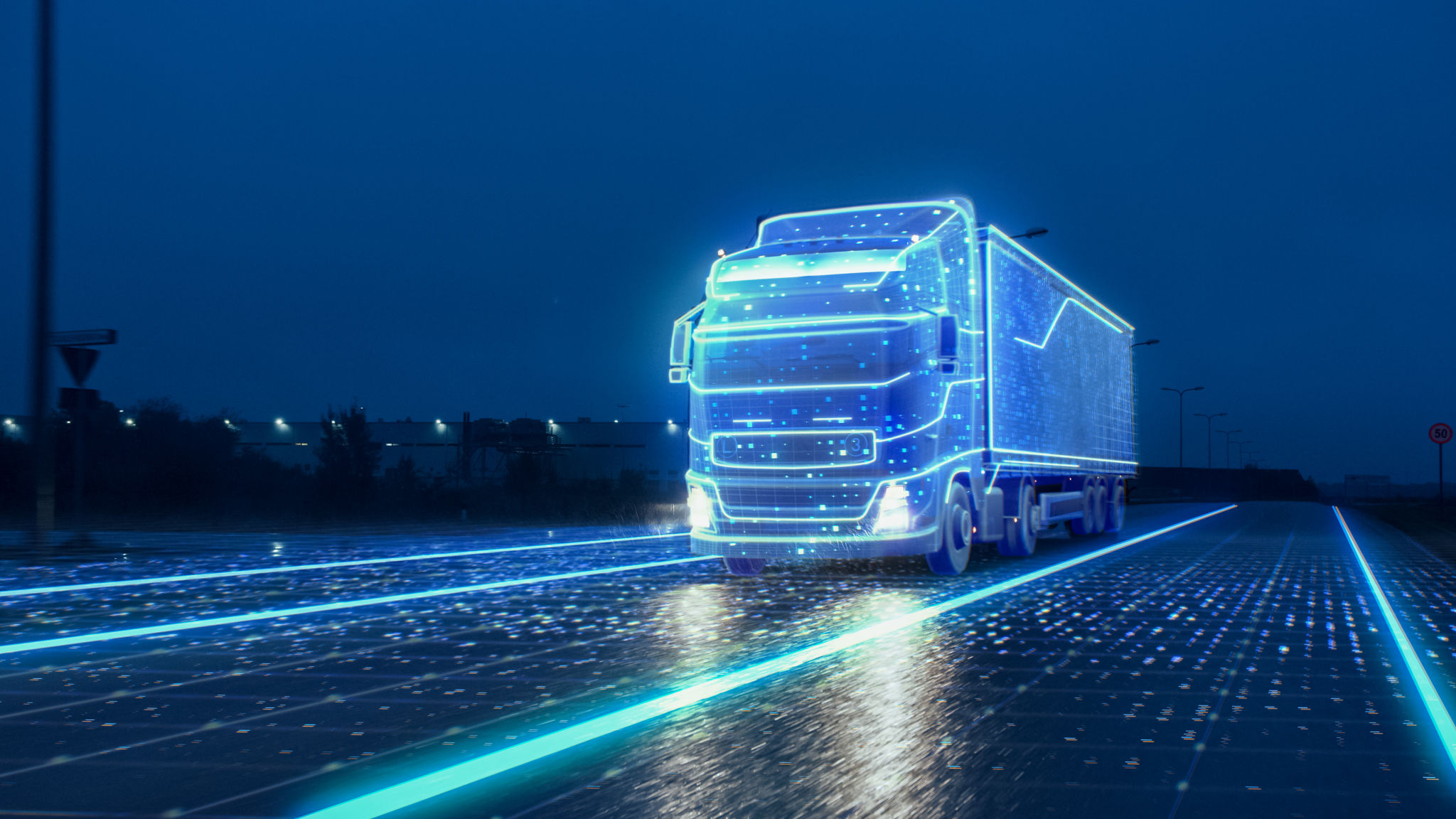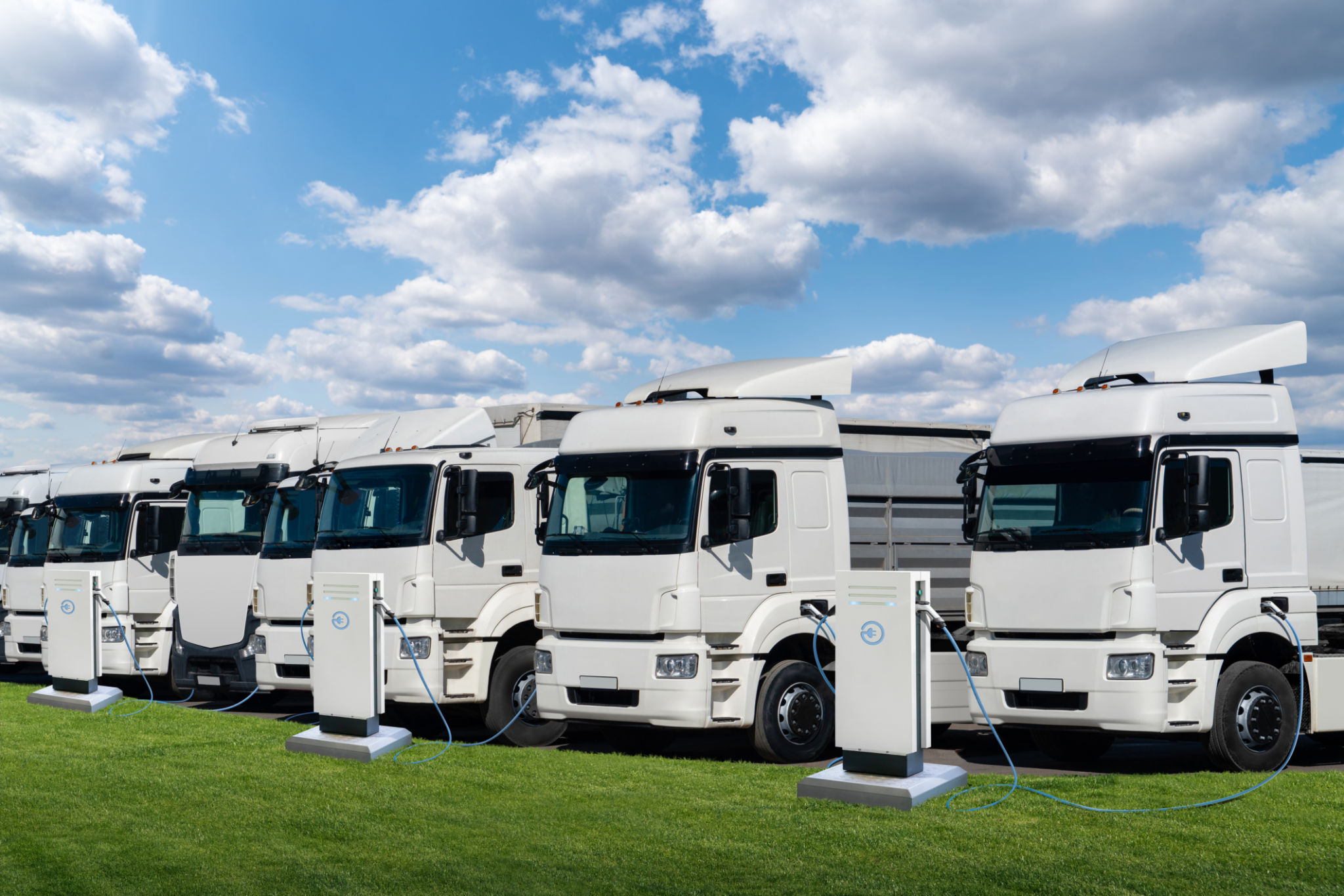The Future of Trucking Transportation in a Digital World
Revolutionizing Trucking with Technology
As we venture further into the digital age, the trucking industry is experiencing a transformation fueled by technology. From autonomous vehicles to advanced logistics software, the future of trucking is set to become more efficient, safer, and environmentally friendly. The integration of these technologies is not just a trend but a necessary evolution to meet the growing demands of global commerce.
One of the most significant advancements in trucking transportation is the development of autonomous trucks. These vehicles are equipped with state-of-the-art sensors and AI systems that enable them to navigate roads without human intervention. This technology promises to reduce human error, improve fuel efficiency, and minimize operational costs.

Enhanced Safety and Efficiency
Safety is paramount in the trucking industry, and digital innovations are paving the way for safer roads. Advanced driver-assistance systems (ADAS) are now commonly integrated into modern trucks. These systems include features such as lane-keeping assist, adaptive cruise control, and automatic emergency braking, which help prevent accidents and enhance driver safety.
Moreover, digital platforms for route optimization are becoming indispensable tools for trucking companies. They analyze real-time traffic data to suggest the most efficient routes, saving time and reducing fuel consumption. This not only cuts down on operational costs but also reduces the carbon footprint of trucking operations.
Smart Fleet Management
The introduction of Internet of Things (IoT) technology in fleet management has revolutionized how companies monitor their assets. IoT devices collect data on vehicle performance, maintenance needs, and driver behavior. This data is then analyzed to optimize fleet operations, ensuring that trucks are running at peak efficiency and reducing downtime due to unexpected repairs.

Telematics systems also play a crucial role in modern trucking. They provide real-time insights into vehicle location, speed, and fuel usage. Companies can use this information to improve scheduling, reduce idle times, and ensure timely deliveries.
Sustainability in Trucking
With increasing awareness of environmental issues, the trucking industry is focusing on sustainability. Electric trucks are becoming more viable with advancements in battery technology, offering a cleaner alternative to traditional diesel engines. These vehicles produce zero emissions and require less maintenance, making them an attractive option for eco-conscious companies.
In addition to electric trucks, alternative fuels such as hydrogen and biofuels are being explored as sustainable options for long-haul transportation. The transition to these cleaner energy sources is supported by government incentives and a growing infrastructure for refueling.

The Role of Blockchain in Logistics
Blockchain technology is set to revolutionize logistics by providing a transparent and secure way to track goods throughout the supply chain. By using blockchain, trucking companies can ensure the integrity of data, reduce fraud, and enhance trust between all parties involved in the transportation process.
This decentralized ledger technology allows for real-time updates and seamless sharing of information across the network. It can streamline processes such as billing and contract management, further improving efficiency and reducing administrative burdens.
Adapting to Change
The future of trucking transportation in a digital world requires adaptation and innovation from all stakeholders. As technology continues to evolve, companies must invest in training their workforce to handle new systems and equipment. Embracing these changes will ensure that they remain competitive in an increasingly digital marketplace.
Ultimately, the integration of digital technologies in trucking promises to create a more efficient, safe, and sustainable industry. By leveraging these innovations, the trucking sector can meet the growing demands of global commerce while addressing environmental concerns.